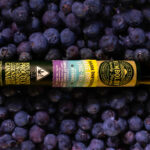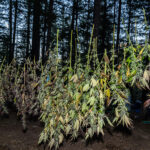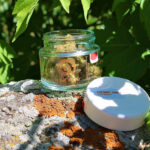Cannabis is a consumer-driven industry, and consumers have spoken: They want sustainable packaging, and they want it now.
In survey after survey worldwide, consumers have said they prefer to buy brands that reflect their own values. That makes purpose-driven brands some of the strongest in the world. This is a high-value opportunity in cannabis, and the time to act is now.
In many ways, adopting sustainable packaging is a no-brainer. We are a plant-based industry, offering myriad physical- and mental-health benefits. We come from a rich history of farmers who deeply care for the land. Ecologically, wastefulness is antithetical to cannabis as a whole.
Legendary cannabis industry pioneer Steve DeAngelo often says it’s important we pay attention to the lessons the plant teaches us. In that spirit, the tide is turning toward sustainability.
The original sustainability efforts in the cannabis industry focused on farming practices: regenerative use of land, care for the ecosystem, and responsible use of resources. Today, the focus increasingly is about packaging, and that has proven to be particularly tricky. States that have legalized cannabis consistently demand cannabis products be packaged in child-resistant containers, as pharmaceuticals long have been. But, unlike pharmaceuticals, cannabis packaging also must comply with specific rules and regulations that vary wildly from state to state, which makes it difficult to remain affordable and effective. The differing requirements add an extra layer of complexity to packaging and also affect affordability. The current solution has been an industry-wide dependence on imported fossil-fuel-based plastics with a significant carbon footprint. This provides us with an opportunity to face an ecological quandary that is ready to be solved.
Fact: Research consistently shows 90 percent of global consumers view brands that demonstrate support for environmental or social issues more positively than their competitors. Some 87 percent of American consumers also have more trust in and loyalty for companies perceived as environmentally sound.
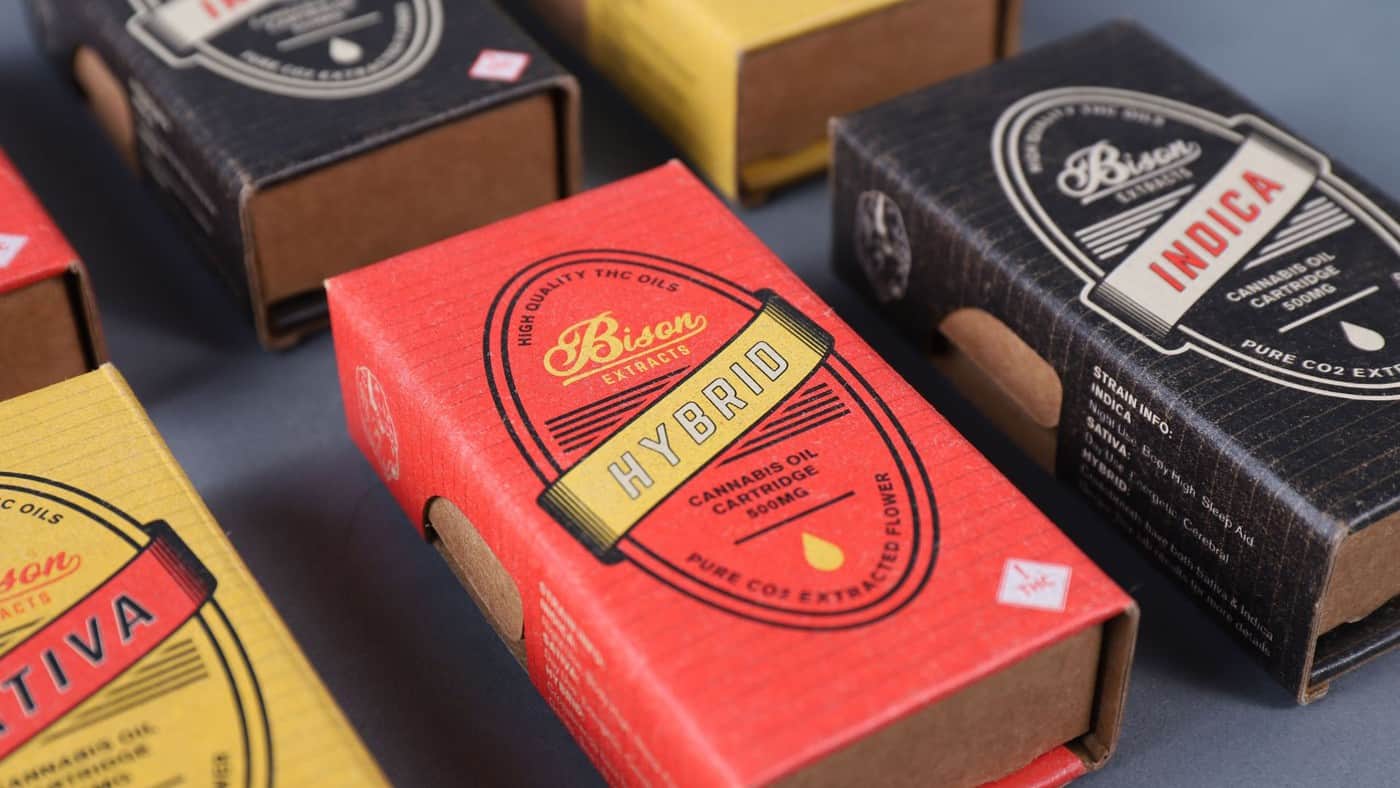
This is a fundamental challenge for the cannabis industry. Today, several key players already have made significant strides in stepping up their environmental stewardship game.
For years, Sun Grown Packaging in Oakland, California, has been a beacon for sustainable, child-resistant box packaging. Additionally, JohnsByrne, another leading box producer, promotes environmental stewardship by earning virtually every green certification a commercial printer can receive. Both manufacturers have earned the loyalty of many of the biggest brands.
This year, Sana Packaging, one of the first green plastic cannabis packaging companies, announced it had removed four tons of plastic waste from the ocean with its first orders of reclaimed ocean plastic cannabis packaging, taking recycling to a new level.
In March 2019, cannabis ancillary leader KushCo Holdings made a massive shift toward sustainability when it announced a long-term partnership with eco-plastic pioneer IEKO to transition all of its plastic cannabis packaging to compostable plastics. Compostables are the holy grail of eco-plastics. Sure, biodegradables are great, but compostables are truly regenerative: They are beneficial to the soil in which they decompose.
The list goes on, from Canna Cycle, which launched a packaging-recycling program in dispensaries, to GAIACA, which is recycling the waste produced by cultivation facilities. We can take some hope from the fact people are stepping up in a big way, but it’s not nearly enough. The cannabis industry needs to do more to be on the right side of history when it comes to stewardship of our planet.
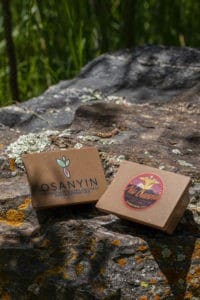
The good news is sustainable packaging designs are becoming more economical, so brands looking for ways to decrease their carbon footprint have options. Trade groups such as the Cannabis Alliance are working to educate the public about why eco-conscious packaging costs a bit more but is worth the expense.
For brands that want to become more sustainable, a significant first step is becoming approved by one of a variety of sustainability certification programs. For cultivators, one of the oldest programs, and a favorite of mine, is Clean Green Certification. In these early days when growers may not officially call their cannabis “organic,” Clean Green has developed the industry gold-standard alternative. Other favorites include the ultimate regenerative and fair-trade model Sun + Earth Certified, founded by David Bronner (of Dr. Bronner’s Magic Soaps), and One Planet Living, which has a beautiful ten-step program to place a business on track.
These programs allow brands to put their money where their mouths are so they can maintain authenticity. Legendary business-to-business brand strategist Bob Domenz calls this keeping your “Be. Do. Say.” in order. Be the sustainable brand at heart, then do the things necessary to fulfill your values. Only after a company has completed those two steps should it say it is dedicated to environmental stewardship. Once a brand has received one of these stamps of approval, it has the right to promote the heck out of the certification. The brand can stand on a mountaintop, grab its marketing and social media megaphone, and proudly tell the world, “I’m a purpose-driven, sustainably minded, badass cannabis business!” Then watch the consumers gravitate to its products.
We’re a new industry, one that’s successfully emerged from the shadows. We’re going to be one of the biggest powerhouses in the world. So, let’s do it right. Let’s challenge the status quo. As an industry, let’s set higher standards for how we care for our consumers, our communities, and our planet.









